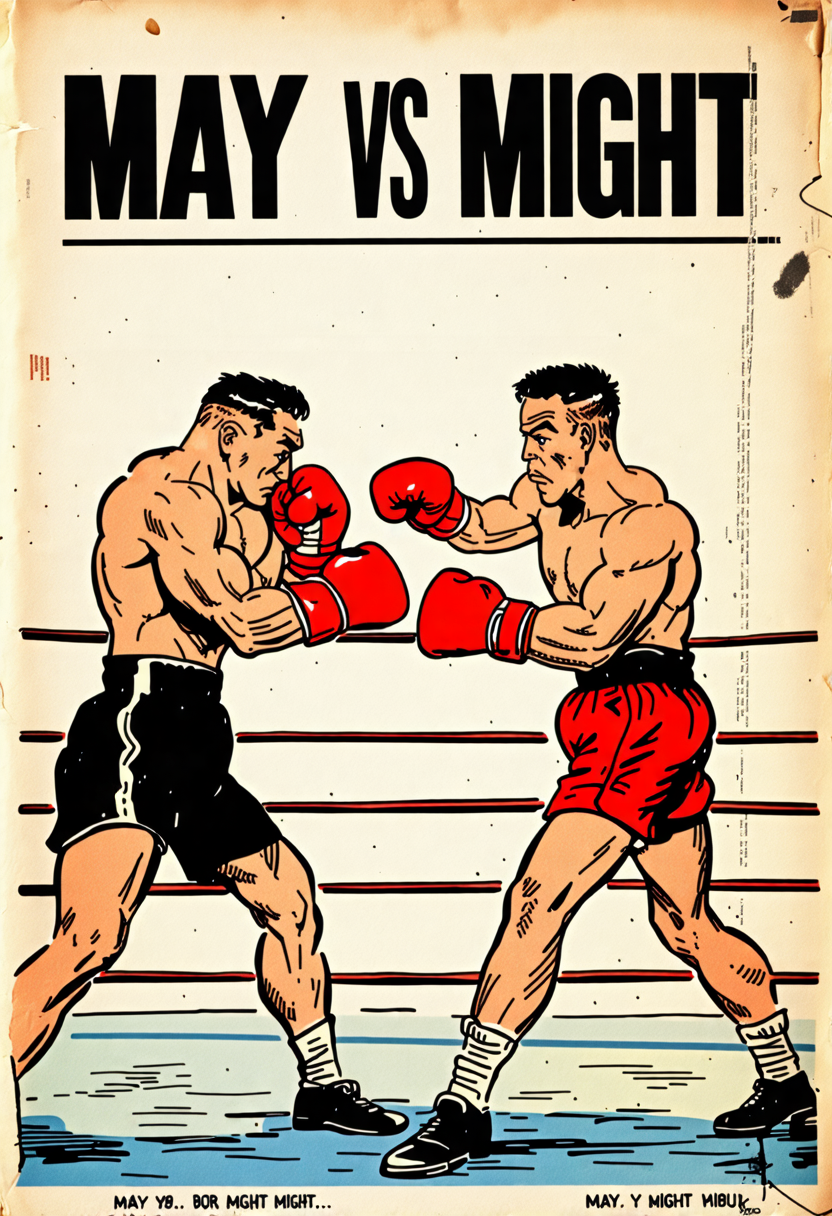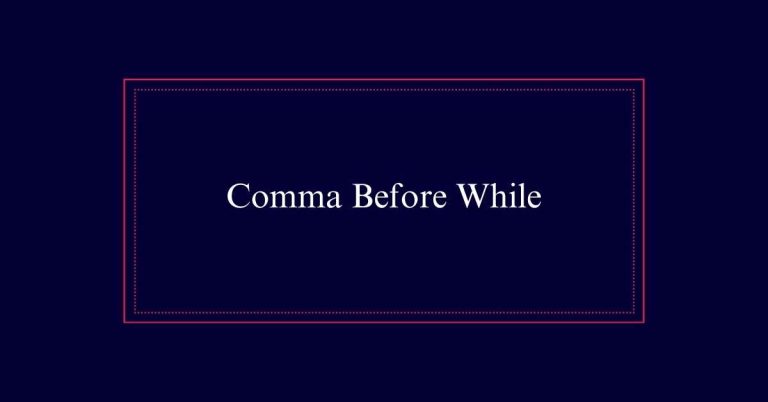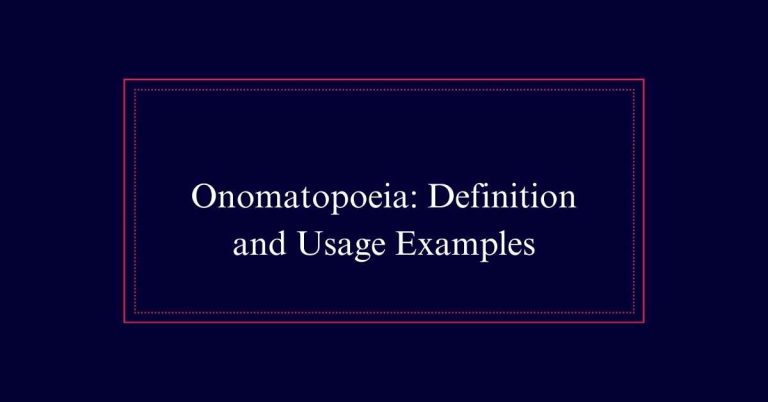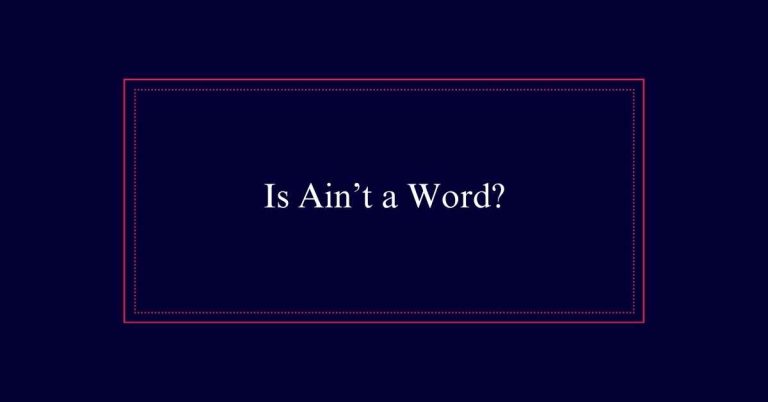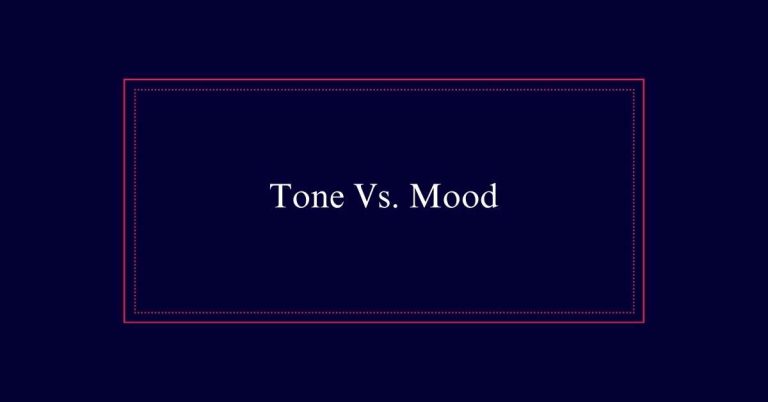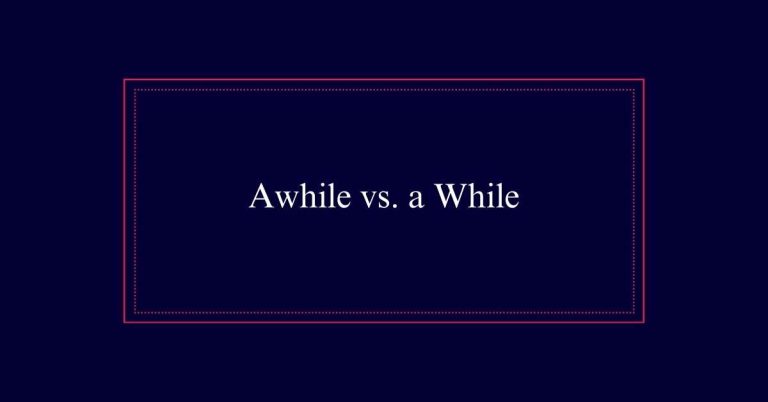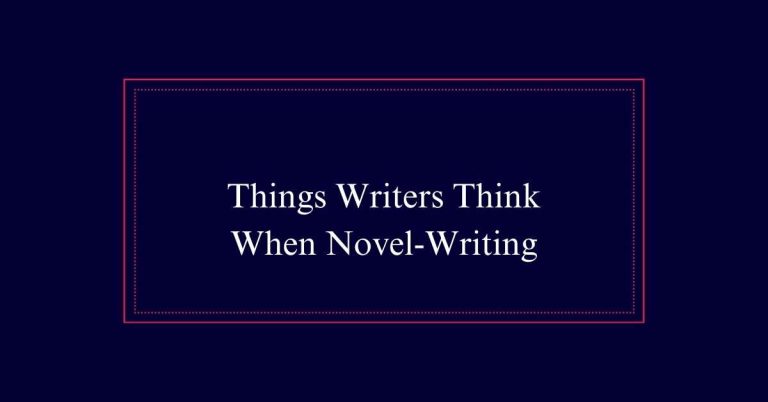May Vs. Might
‘May’ and ‘might’ differ in usage and connotation. ‘May’ is used to ask or grant permission, particularly in American English. For example: “May I leave the table?” It also indicates a high likelihood of an event occurring, such as, “She may join us for dinner.” ‘Might,’ on the other hand, suggests a lower probability or a hypothetical scenario, for example: “He might go to the concert if he finishes his work.” While both are used in present tense, ‘might’ is preferred for past hypothetical situations.
Permission Usage
When discussing permission, ‘may’ is the preferred choice in American English. It is commonly used to ask for or grant permission in both formal and informal settings. For example, one might say, ‘May I leave the table?’ or ‘You may enter the room.’ This usage is clear and polite, making it suitable for various contexts.
In contrast, ‘might’ in American English does not serve the purpose of asking for permission. Instead, ‘might’ is typically used to discuss hypothetical situations or possibilities that are less certain. For example, ‘I might go to the store later.’
British Vs. American English
In British English, ‘might’ is sometimes used to ask for permission, unlike in American English. In contrast, American English reserves ‘may’ exclusively for such requests. This difference can often lead to confusion for learners and native speakers alike. Below is a table highlighting key differences:
| Usage | British English | American English |
|---|---|---|
| Asking for Permission | May/Might | May |
| Hypothetical Situations | Might | Might |
| Speculative Situations | Might | Might |
| Present Tense | May (likely) | May (likely) |
Likelihood of Situations
The choice between ‘may’ and ‘might’ often hinges on the perceived likelihood of a situation. ‘May’ is typically used when the likelihood is higher. For instance, ‘She may join us for dinner’ suggests a realistic possibility.
In contrast, ‘might’ is employed when the situation is less certain. For example, ‘He might go to the concert if he finishes his work’ implies a lower probability. Understanding this distinction helps in conveying the appropriate level of certainty.
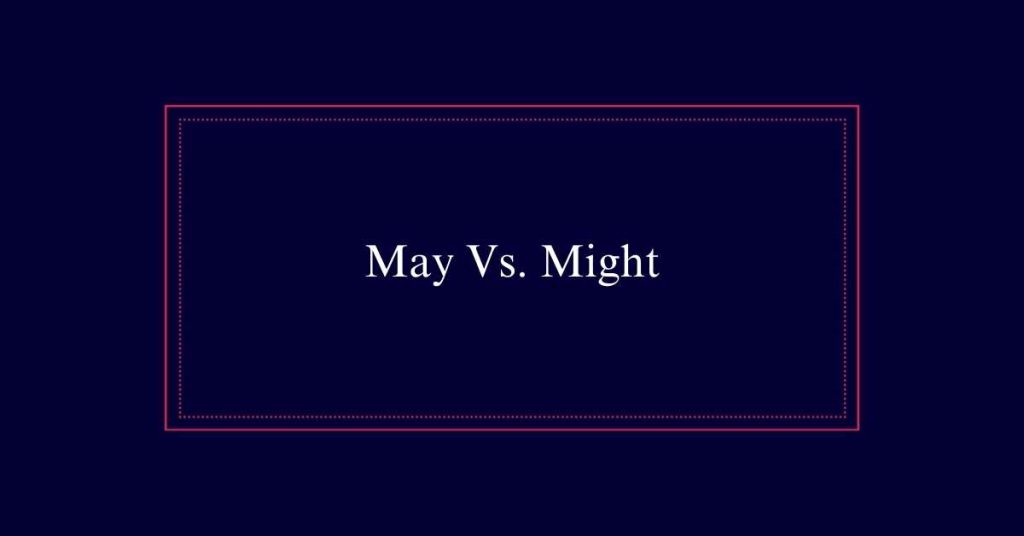
‘May’ often suggests something is more probable, while ‘might’ indicates a hypothetical or uncertain scenario. Therefore, the context and perceived likelihood play important roles in choosing the correct term.
Present Tense Usage
Understanding how ‘may’ and ‘might’ are used in the present tense is essential for accurate communication. ‘May’ often indicates a likely hypothetical situation or permission. For example, ‘You may start your presentation now.’ This shows that starting the presentation is both possible and permitted.
On the other hand, ‘might’ is less commonly used in the present tense but can suggest a more uncertain or speculative possibility. For instance, ‘She might join us for dinner,’ implies uncertainty about her attendance.
Importantly, ‘may’ is preferred for present tense situations involving likelihood or permission, while ‘might’ implies a greater degree of uncertainty. Using these terms correctly helps convey the intended degree of possibility and context.
Past Tense Usage
When discussing past events, ‘might’ is more commonly used than ‘may’ to indicate hypothetical or uncertain situations. For example, ‘The editor might have missed the mistake’ suggests a possible oversight. In past tense scenarios, ‘might’ helps to convey actions or events that were possible but did not necessarily occur. This usage highlights the speculative nature of the statement.
On the other hand, ‘may’ is rarely appropriate for past tense. It is mainly used in present or future contexts. For instance, ‘She may arrive soon’ implies a possible future occurrence.
When reflecting on past events with an element of uncertainty, ‘might’ is the preferred choice to maintain clarity and accuracy.
Hypothetical Situations
In hypothetical situations, ‘may’ and ‘might’ help convey varying degrees of likelihood. ‘May’ is typically used to describe scenarios that are more probable. For example, ‘She may attend the meeting if her schedule allows.’ This suggests a higher chance of happening.
Conversely, ‘might’ is often employed to express less certain or speculative outcomes. For instance, ‘He might go to the party, but he hasn’t decided yet.’ This implies a lower probability.
Additionally, ‘may’ is more common in present tense hypothetical scenarios, while ‘might’ is frequently used in past tense contexts.
Sentence Examples With May
May is frequently used to describe situations that are likely to occur or to indicate permission. It is versatile in its application, often appearing in various contexts to convey these meanings.
For instance, consider the following sentence examples:
- _’You may leave once the meeting is over.’_
- _’She may join us for dinner tonight.’_
- _’Students may use the library during lunch hours.’_
These examples illustrate how ‘may’ functions to show likelihood or grant permission. The verb ‘may’ helps in making polite requests or stating possible outcomes.
Sentence Examples With Might
Might is typically employed to describe situations that are less certain or to express speculative possibilities. For instance, ‘The editors might have missed the mistake’ indicates a possibility that is not confirmed.
Another example is ‘If I win the lottery, I might buy a private island,’ which expresses a speculative future scenario.
Additionally, ‘She might attend the meeting if her schedule allows’ shows uncertainty about her attendance.
In the past tense, might is also used, such as in ‘If it hadn’t rained, we might have held a barbecue.’
May Be Vs. Might Be
Understanding the difference between ‘may be’ and ‘might be’ is essential for conveying the likelihood of a situation accurately. ‘May be’ indicates a higher probability and is used when something is likely to happen.
In contrast, ‘might be’ suggests a lower probability or a polite suggestion.
- ‘May be’ often implies a reasonable expectation.
- ‘Might be’ can indicate a speculative or uncertain scenario.
- Context and tone can influence the choice between the two.
For example, ‘The team may be arriving soon’ implies they are likely to come. Conversely, ‘The team might be arriving soon’ suggests it is less certain.
May Be Vs. Maybe
Distinguishing between ‘may be’ and ‘maybe’ is crucial for proper grammar and clear communication.
‘May be’ is a verb phrase that indicates a possibility. It is composed of the auxiliary verb ‘may’ and the base verb ‘be.’ For example, ‘She may be at the office.’
Conversely, ‘maybe’ is an adverb that means ‘perhaps’ or ‘possibly.’ It is used to express uncertainty or suggest a potential outcome. For instance, ‘Maybe she is at the office.’
Remember, if you can replace ‘maybe’ with ‘perhaps,’ you are using the adverb correctly. Conversely, if you need to indicate a possibility using two separate words, ‘may be’ is appropriate.
